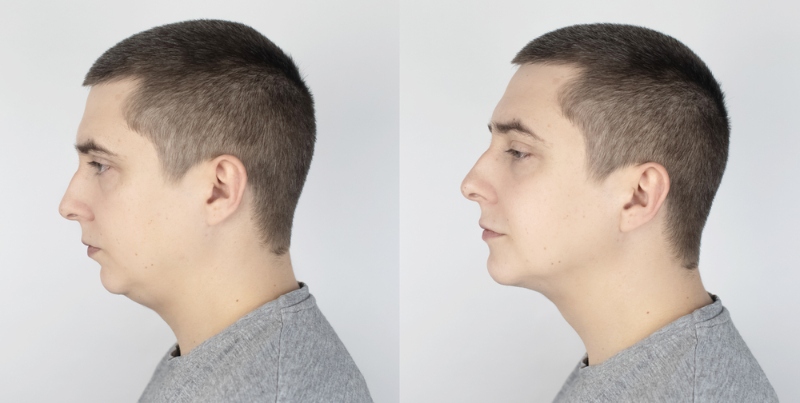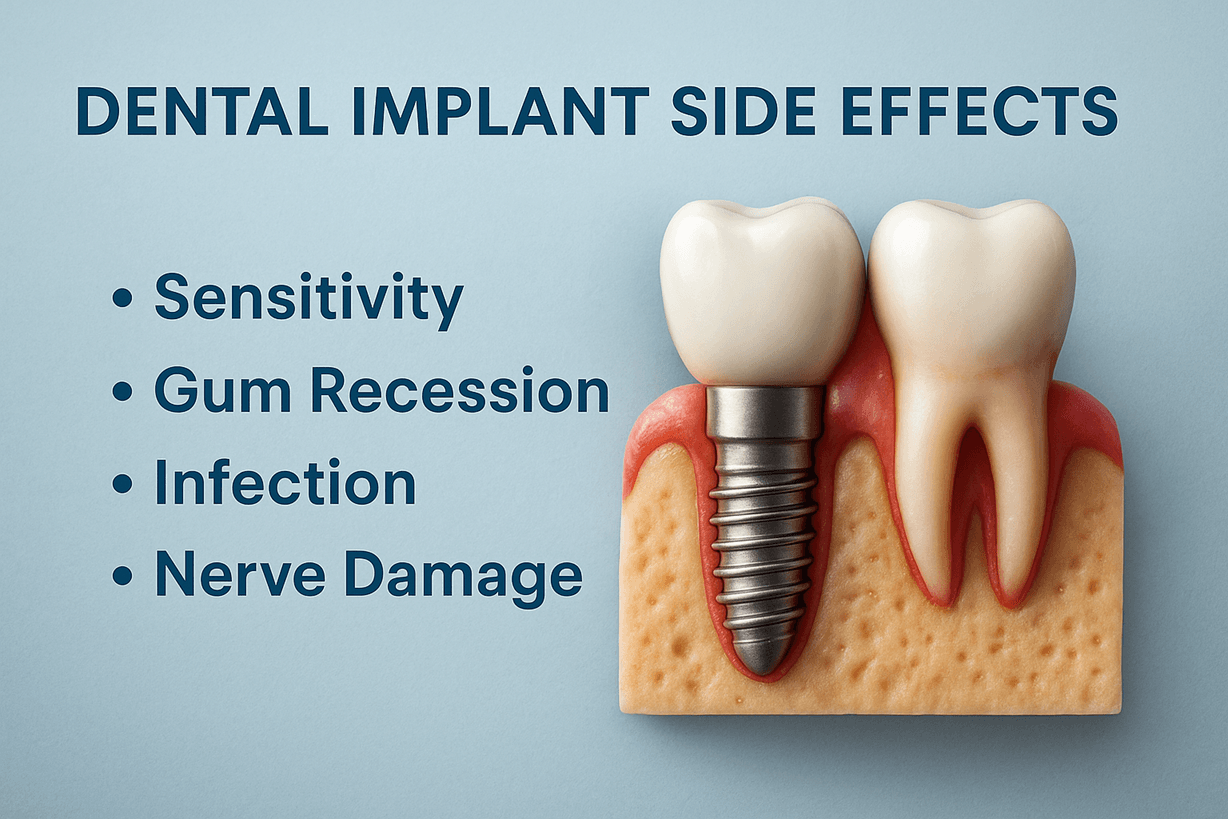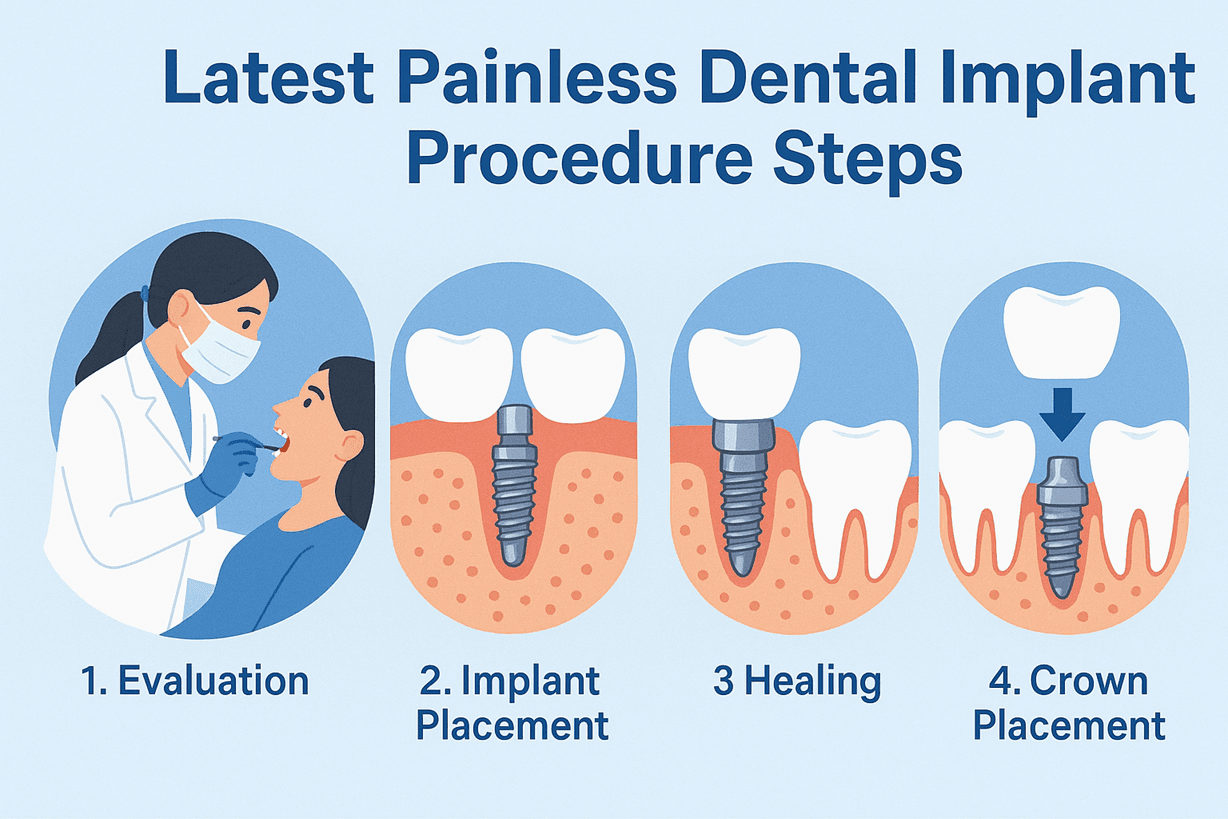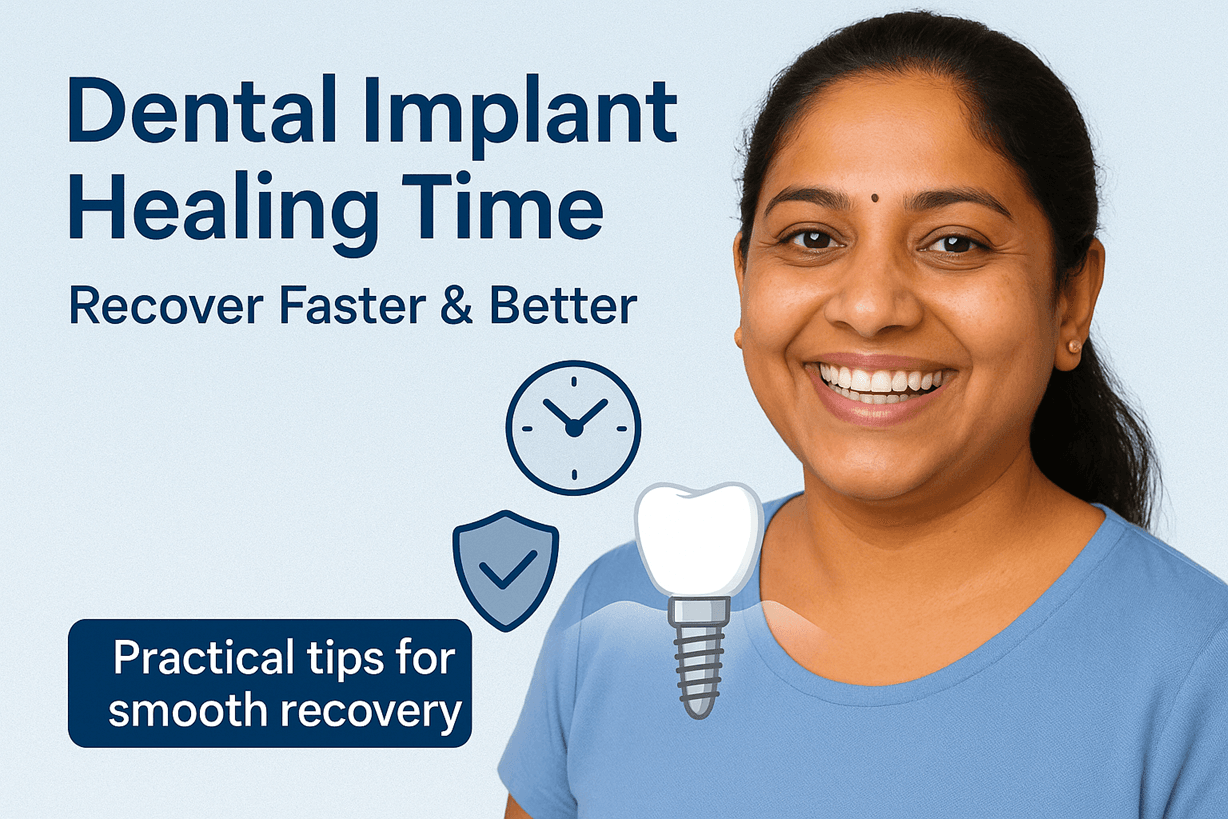Contents
Do You Look Different After Jaw Surgery?
Abnormal jaw growth or face injuries can cause considerable pain and interfere with oral activities including speaking and chewing.
If less invasive treatment options such as orthodontics fail to resolve your jaw problems, your dentist may propose jaw surgery.
Orthognathic surgery, often known as corrective jaw surgery or jaw surgery, is used to treat problems with the jawbone, teeth, and lower face.

These adjustments straighten your bite, removing discomfort and improving your face appearance.
Let's look at why you should get jaw surgery and how it can change your facial appearance in this article.
Will Jaw Surgery Change The Appearance of My Face?
Jaw surgery, in general, improves a few facets of your smile and overall quality of life. The primary goal is to enhance your cosmetic and functional jaw difficulties.
Here's what to expect in terms of your facial appearance:
Some portions of your face can be moved and reshaped as a result of jaw surgery. The surgeon can cut, mould, or shift the jawbone forward and backward depending on your needs.
Because the jaw supports your facial muscles, these modifications might alter certain parts of your lower face, giving you a completely different appearance.

Your chin changes after jaw surgery. During chin surgery, the surgeon may use fresh bone tissues from other parts of the body, such as the hip, ribs, or leg, to graft to the existing bone surrounding the chin.
The existing bone progressively fuses with the implanted bone, causing a dramatic shift in the breadth and length of your chin that is visible on the face. You will most likely appear more symmetrical and well-proportioned.
An overbite can be corrected with jaw surgery. Bite misalignments, such as overbites, can have a substantial impact on your appearance. Corrective jaw surgery realigns the jaw forward or backward, giving you a more youthful and prominent grin.
Jaw surgery can help to correct the proportions of various elements of your face, such as a broad nose. Jaw surgery can improve the appearance of your face because the jaw is the basic basis for your facial muscles.
Moving your jaw backwards or forward, for example, can alter the contour, positioning, and shape of your chin, nose, teeth, lips, mouth, and face.
A gummy smile can be improved with jaw surgery. If your teeth appear to be too small or if your gum tissues are overly prominent, you may have a gummy grin.
Ideally, gums should be uniform in shape and complement the upper lip. Excess gum tissue can disrupt the balance of your grin, making you feel unpleasant and self-conscious when you smile.
A gummy smile can be corrected with jaw surgery, giving you a balanced, natural smile.
How Long After Jaw Surgery Can You Eat?
Jaw surgery, whether single or double jaw surgery, is an important procedure. As a result, we cannot emphasize enough how distinctive each person's rate of healing is.
Most types of jaw surgery will require a liquid diet for the first two to four weeks. That means no soft foods at all. These fluids will assist your body in healing and will let your jaw rebuild itself before attempting more difficult foods.
Water, soft drinks, Gatorade, clear broths, milkshakes, protein drinks, and anything you can drink from a blender are some kinds of liquids you can enjoy.
The following level is non-chew food. It's definitely safe to consume if you can easily squeeze it between your fingers.
You'll have to wait a little longer if it's crunchy (makes a noise when you eat it). Scrambled eggs, mashed potatoes, soft seafood, and soft (overcooked) pasta sliced into little pieces are examples of non-chew cuisine. The non-chew diet should also be followed for three weeks.
Then come soft foods, which should be chopped into small, easily swallowed pieces. Fish, white rice, bananas, mangoes, white bread, pureed fruits and vegetables, canned chicken, avocado, cottage cheese, soft beans, and meatloaf are all good choices.
You can gradually introduce typical foods and chew over the next two weeks. Again, chop these into small pieces until you're ready to take larger nibbles. Pizza, apples, popcorn, peanuts, and other hard or crunchy or excessively chewy foods
Pizza, apples, popcorn, peanuts and nuts, and difficult meats, as well as other hard crunchy or excessively chewy meals, should be avoided for the first three months after surgery.
What Happens After Jaw Surgery?
You may need to stay in the hospital for one to four days following your operation so that your healthcare specialists can monitor your development.
Here are some of the things you can encounter in the hospital and when you get out:
A plastic splint will be implanted in your mouth during surgery by your healthcare expert.
During surgery, your healthcare professional will implant a plastic splint in your mouth. The splint will assist you in conditioning your mouth muscles to work with your new jaw position. Except when eating or cleaning your teeth, you must wear your splint.
Your face will most likely be puffy. You'll sleep with your head elevated and take anti-swelling medication.
Your doctor will prescribe medication to relieve pain and protect you from infection.
Throughout the first 24 hours, you'll need to keep ice packs on your face, 20 minutes on, and 10 minutes off.
You'll begin the liquid diet that will last several weeks.
Because of the swelling and splint in your mouth, others may have difficulties understanding you. That can be annoying. Inform your doctor if you're really struggling. They will suggest communication methods for you.
Your healthcare provider will remove the plastic splint about eight months following surgery.
If you have braces, you will need to wear them for another six to nine months after surgery.
You'll need to wear removable retainers after your braces are removed to keep your teeth in their new position. Your healthcare practitioner will advise you on how frequently you should wear your retainers, however, most people wear them constantly for a year.
Following that, you may need to wear your retainers a few nights per week.
Conclusion
The most critical step if you're considering jaw surgery is to be certain of your decision. Jaw surgery is a substantial procedure that can cause significant disruption in your life for several weeks or months.
You owe it to yourself to comprehend the implications of jaw surgery. You should also know what to expect from your jaw surgery. Discuss your alternatives and expectations with your healthcare providers.
They will recognise that you are making a significant decision and will gladly answer your queries. They will also give you enough time to decide whether jaw surgery is best for you.


